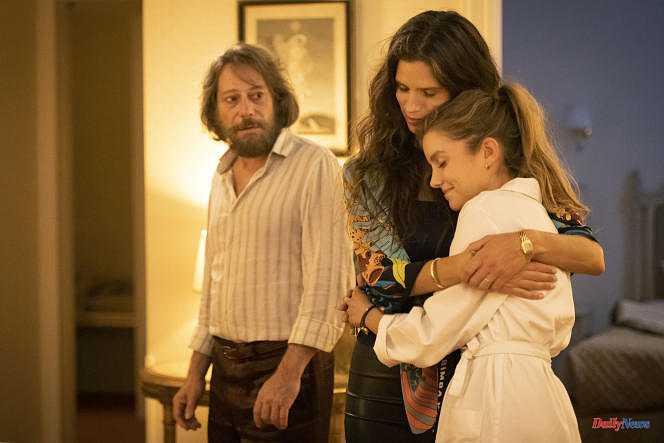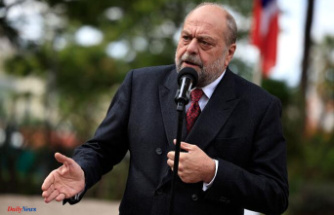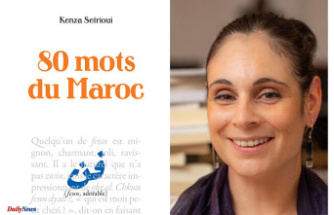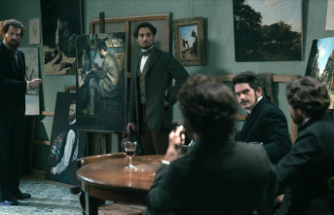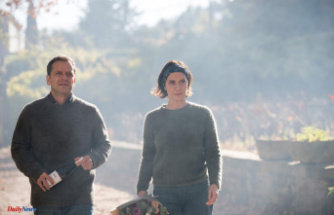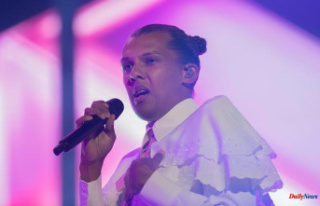Originally from Lourdes, mountain surveyors of miracles and possibilities, the brothers Arnaud and Jean-Marie Larrieu examine the critical state of a utopia that they are unable to get out of their heads or soles. Tralala puts the cover back at the same time as he returns to the fold – in Lourdes (Hautes-Pyrénées).
Overwhelmed by Bernadette Soubirous, the film from Lourdes only stands out, it must be admitted, as a miraculous one. The capital of the procession only has value in the cinema when you have the courage to step aside. Champion in all categories, Le Miraculé (1987), a high-flying Poiret-Serrault, signed by the super-blasphemer Jean-Pierre Mocky. Tralala now joins the short list of memorable ones, without the taste for provocation having much to do with it. Rather that of pure fantasy, poetic nonchalance, rocky dandyism.
The good decision is to play the musical comedy, by having a large majority of non-singers interpret things of taste, signed Bertrand Belin, Philippe Katerine, Dominique A, Etienne Daho, Jeanne Cherhal. Homogeneity is not sought. Rather dissonance, spoken-song, eclecticism (rap, electro, variety…), quite far from the melodic voluptuousness of national champions Jacques Demy-Michel Legrand.
Secular variation of the Lourdes cannon
The plot offers a secular variation of the Lourdes canon: suffering and sickness of the soul, providential apparition, miraculous healing. By the grace of Tralala, which is none other than the name of the character interpreted by the old accomplice Mathieu Amalric, actor on the wire who likes nothing more than to offer his intimate vacillation to the great capsized of the profession. Undone hair, muddy beard, black nails, smudged yellow tank top, he hangs out in Paris, electric guitar in hand, chanting his improvisations. A bewitching young brunette dressed all in blue (Galatéa Bellugi) appears to him near the Montparnasse station. Note, in passing, the collusion between the Marian apparition and the pagan toponymy. Tralala, fallen under his spell, embarks for Lourdes in his footsteps.
Stranded in a hotel closed but open to the poor, he is recognized by his owner (Josiane Balasko) as his long-lost son. The deception triggers a maelstrom of adventures, in which, recognized for what it is not, Tralala offers others the chance to reconnect with what it is.
Placed under the ambivalent sign of imposture and sanctity, Tralala is therefore quickly recognized as a Haute-Pyrenean version of a Theorem (Pier Paolo Pasolini, 1968) of sulphurous memory, whimsical jig spoken, sung and danced on a place of pilgrimage as if emptied of its hundreds of thousands of processionaries.

